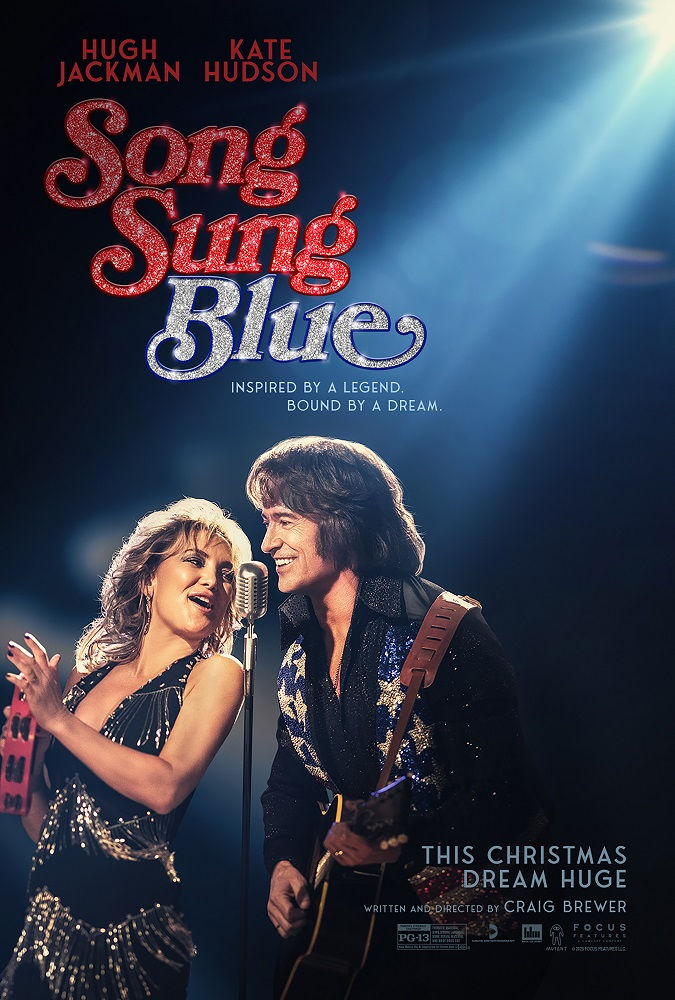Black Swan (A PopEntertainment.com Movie Review)
- PopEntertainment

- Feb 5, 2011
- 3 min read
Updated: Dec 15, 2023

Black Swan
BLACK SWAN (2010)
Starring Natalie Portman, Mila Kunis, Vincent Cassel, Barbara Hershey, Winona Ryder, Benjamin Millepied, Ksenia Solo, Kristina Anapau, Janet Montgomery, Sebastian Stan, Toby Hemingway, Sergio Torrado, Mark Margolis, Tina Sloan and Abraham Aronofsky.
Screenplay by Mark Heyman, Andrés Heinz and John McLaughlin.
Directed by Darren Aronofsky.
Distributed by Fox Searchlight Pictures. 108 minutes. Rated R.
This will seem an odd thing to say, but in many ways Darren Aronofsky’s Black Swan, a psychological drama about prima ballerinas, is surprisingly rather similar to his last film – based upon an entirely different world and lifestyle – The Wrestler.
I know what you are saying – how does a character study on young and lithe dancers treading the boards of Lincoln Center gibe with a character study on has-been athletes trying to hold onto their livelihood in cheesy arenas long after their prime?
Because both films are about the allure and torture of fame and talent and the ways in which someone will sacrifice their bodies and minds in order to attain and keep the spotlight.
Both movies also look at aging performers trying desperately to claim what is quite probably their last chance at the career to which they have dedicated their lives. (Natalie Portman’s character here is only 26 – but in the youth-obsessed world of ballet that is kind of over the hill.)
Also, through Aronofsky’s vision, ballet dancing can sometimes be every bit as punishing as fighting.
There are differences, needless to say. Black Swan is certainly more inward-looking, psychological and fantastical than the determinedly downtrodden and realistic Wrestler.
However, another way that the films are similar is that both are abnormally good.
Portman plays Nina, an insecure, repressed (and sometimes apparently mentally deranged) ballerina who has been awaiting her chance to be a star at Lincoln Center in New York for years. She lives with her overbearing stage mother (Barbara Hershey) – a failed former dancer who is now living out her fantasies of potential stardom through her daughter.
When the aging but self-destructive diva of the company (Winona Ryder) is put out to pasture, Thomas Leroy (Vincent Cassel) – the slightly slimy Eurotrash director of the company – gives Nina a shot to play the lead role in a rethink of Swan Lake. The problem is, Leroy knows that the technically perfect Nina can inhabit the pure white swan, but he is not sure that the tightly-wound perfectionist can lose herself in the imperfect sexuality of the black swan.
Thus begins a psychological journey in which the ballerina must try to find the bad girl inside herself. This attempt is aided by Lily (Mila Kunis), a new dancer in the troupe who is less technically proficient but much more natural performer – and a much wilder person.
At the same time, she is dealing with a long-standing compulsion to cut herself, a slight compulsion for kleptomania, a fear of passion and intimacy and also apparently the fact that more and more often she is hallucinating her life away. Literally, as the film gets deeper and deeper into the story it is difficult to keep track of what Nina is imagining and what is really happening to her.
When she becomes determined that her new friend (and potential lover?) Lily is trying to steal her role, Nina seems to go completely off the deep end.
Or is that just her finally coming to grips with her role?
Black Swan has a wild, surreal, hallucinogenic vibe – in fact, it is also strangely reminiscent of Aronofsky’s earlier drug abuse film Requiem for a Dream – in style and tone, if not so much storyline.
Earlier this year, I may have thought that the film was too willfully odd to become an actual blockbuster and was more likely to become an arthouse favorite. But coming on the heels of Inception, all bets are off.
This may be as close to a mainstream hit that Aronofsky will have – though, honestly, The Wrestler was a more mainstream movie – but Black Swan has a better shot of breaking through to a wider audience.
Which is both an encouraging and an oddly troubling reflection on modern Hollywood.
Jay S. Jacobs
Copyright ©2011 PopEntertainment.com. All rights reserved. Posted: February 5, 2011.
#AndrésHeinz #winonaryder #TobyHemingway #barbarahershey #AbrahamAronofsky #ballet #VincentCassel #BenjaminMillepied #darrenaronofsky #JanetMontgomery #JaySJacobs #MilaKunis #MarkHeyman #PopEntertainmentcom #KseniaSolo #natalieportman #KristinaAnapau #SergioTorrado #mentaldisease #BlackSwan #TinaSloan #SebastianStan #LincolnCenter #lesbianism #moviereview #JohnMcLaughlin #MarkMargolis











Comments